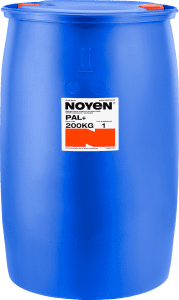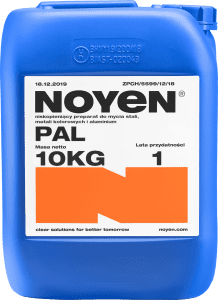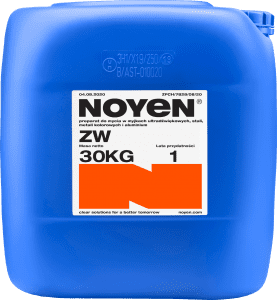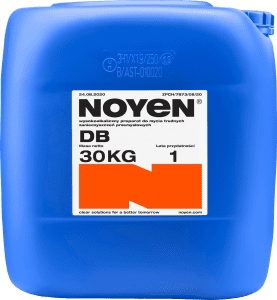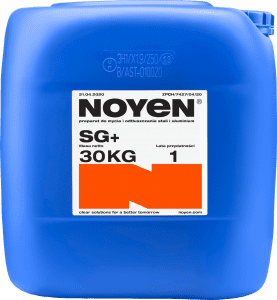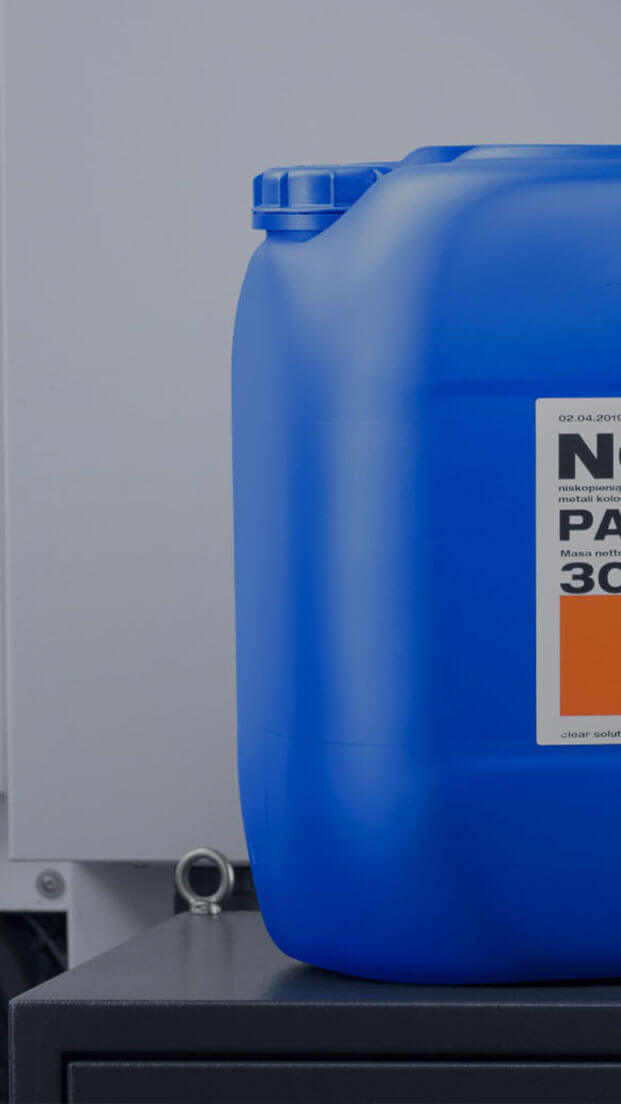
Chemicals
Cleaning for the VDA 19.1 and ISO: 16232 norms
The assessment of cleanliness quality for the VDA 19.1 norms is highly important to define the quality of produced parts. The permissible limits of remaining particles become more and more restrictive as the Automotive trends change. For stable and reliable production, it is necessary to continuously remove metallic and non-metallic particles throughout entire life of the cleaning bath. Noyen offers chemical agents that can remove contaminants even from parts with highly complex shapes.
Choose comprehensive solutions of your problems
Make full use of the potential you receive working with Noyen. Check what else you can gain.
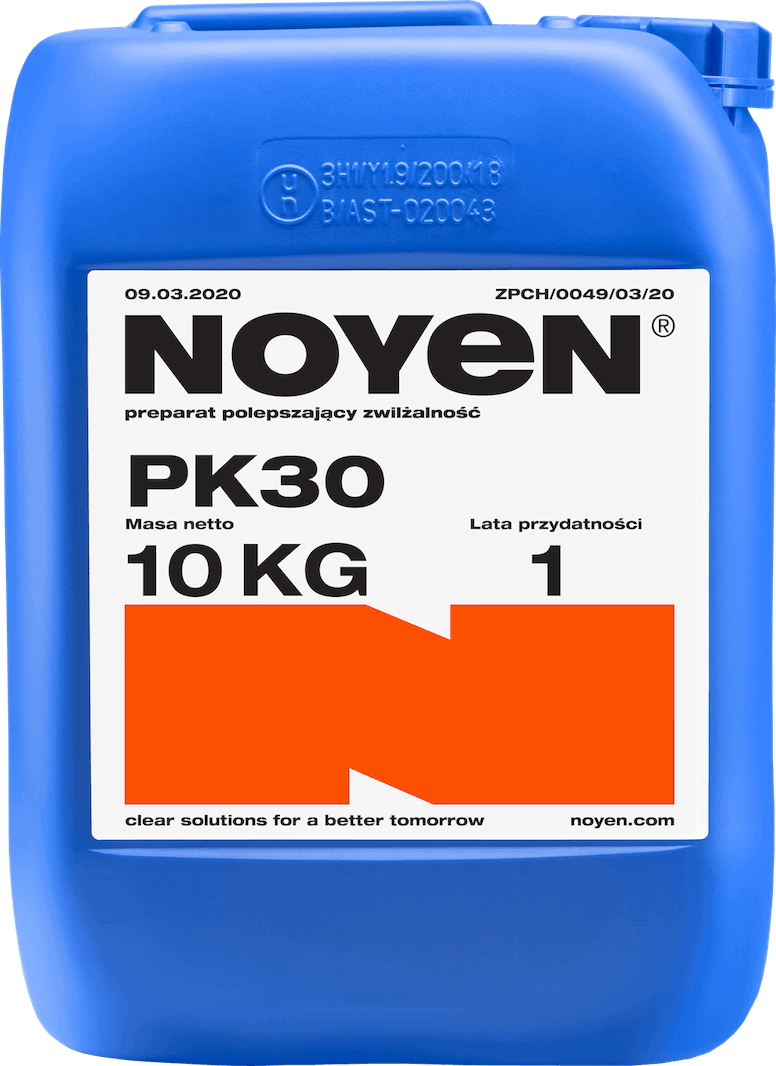
Cleaning and degreasing service
We provide services: part cleaning and degreasing, acidic and neutral pickling, phosphating, coating removal. In our Laboratory we test technical cleanliness of parts according to VDA 19.1 and ISO: 16232:2018 norms.

Professional advice
We will explain the issues of technical cleanliness according to VDA 19.1, VDA 19.2 and ISO: 16232 norms. We will choose efficient cleaning agents and choose the perfect concentration to solve your problems with part cleanliness. We will suggest how to optimize cleaning processes and train your staff accordingly.
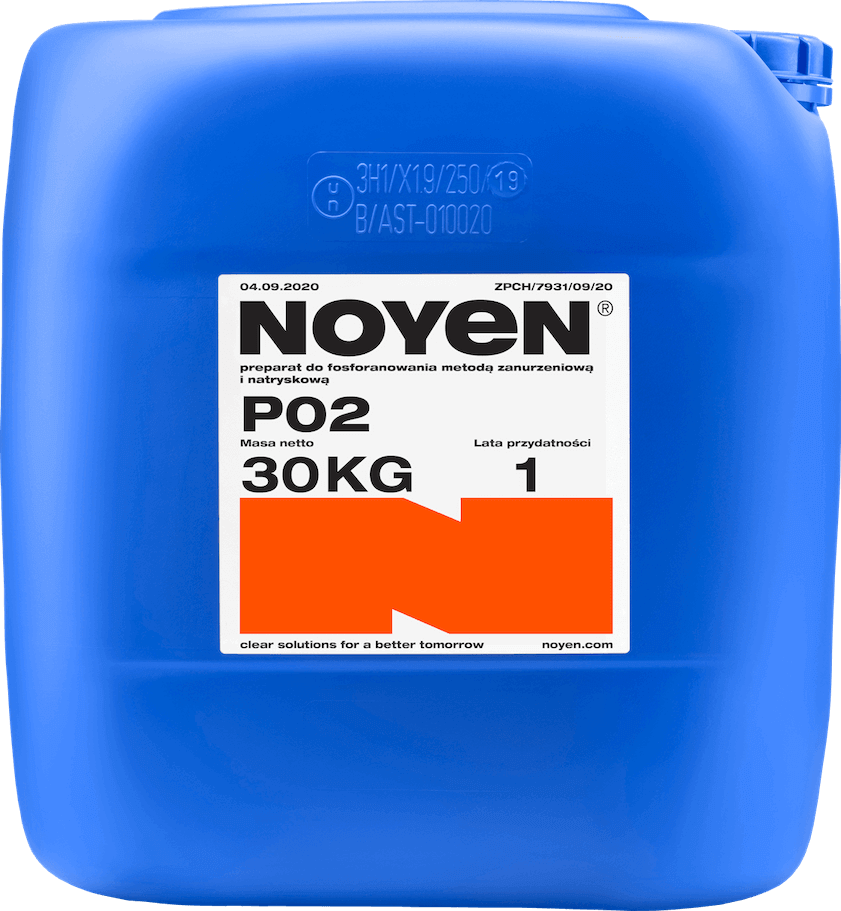
Microscopic tests for macroscopic profits
In addition to testing cleaning quality according to VDA 19.1 and ISO: 16232:2018 norms, we can also conduct any tests to check part cleanliness level according to your internal standards. We offer accelerated aging tests in salt chambers and climate chambers with UV radiation.
Nothing is impossible.
It will be easier if you just tell us everything. Save your time and make use of your free consultation. Our expert will advise you for free.
Cleaning for the VDA 19.1 and ISO 16232 norms
The ability to clean according to the cleanliness class has become an important criterion followed by many manufacturing companies when choosing services and cleaning machines. The concept of technical cleanliness is particularly significant in the automotive industry and concerns cleanliness in terms of the level of contamination, particles sizes, as well as the conditions in which the components are manufactured and tested. Many test standards can help determine whether or not certain cleanliness requirements have been met. In which industries and for what purpose are the cleanliness standards used and what does VDA or ISO cleaning means?
Cleaning according to the cleanliness class – what is the process about?
Cleaning for the cleanliness class is a process used in many industries – automotive, manufacturing, optical, aerospace, medical and others. Cleaning according to the cleanliness class allows to meet the ever-increasing market requirements and ensure the highest quality of manufactured components. The degree of parts cleanliness is determined on the basis of the level of contamination on the surface – as part of the examination of whether a given element meets a given cleanliness standard, the weight of soluble and insoluble contamination, the number of contamination particles of a given size, as well as their type and chemical composition, are assessed.
Before the cleaning process is carried out, the parts are usually subjected to many machining processes, and as a result, various types of contamination are formed on the surface. Even microparticles can cause errors in the operation of components, which is why it is so important to subject the parts to an effective cleaning process. The key is the correct selection of technologies and cleaning agents intended to remove a specific type of contamination.
There are many research methods to determine the cleanliness degree of a given part. Depending on the type and purpose of the manufactured components, manufacturers follow internal cleanliness standards based on the guidelines specified, e.g. VDA 19.1 and ISO 16232. What is VDA and ISO cleaning?
Cleaning for VDA 19.1
VDA 19.1 is a set of standards defining guidelines for technical cleanliness testing developed by the German association of the automotive industry, Verband der Automobilindustrie. The guidelines define the scope of technical cleanliness testing, the method of analyzing the measurement, as well as checking whether the measurement results comply with the requirements. Automotive manufacturers create their own cleanliness standards based on VDA 19.1. Cleaning for the VDA 19.1 cleanliness class means adjusting the process in terms of the scope and techniques of technical cleanliness measurements. The cleanliness standards based on the guidelines defined by VDA 19.1 are used in particular for German brands.
ISO cleaning solutions
ISO 16232 is a worldwide set of technical cleanliness guidelines that define cleanliness standards for how to test the technical cleanliness of components in the automotive industry. ISO 16232 provides guidelines on how to test and analyze the obtained results, but it does not define the degree of cleanliness of the components, i.e. the number and type of particles on their surface. These types of factors are defined by the clients’ own standards, which depend on the type and purpose of the manufactured parts. As with VDA 19.1, cleaning to ISO 16232 cleanliness refers to the way the test is performed. The cleaning process is verified by testing in accordance with these standards.
VDA and ISO cleaning services – NOYEN industrial cleaning machines
Cleaning to the cleanliness class is a process that requires appropriate technology and the use of cleaning agents adapted to the type of parts and contamination. NOYEN’s offer includes VDA 19.1 and ISO 16232 cleaning machines and meeting the stringent requirements related to technical cleanliness resulting from them. These are, for example, machines from the NOYEN Compact series equipped with functions such as full rotation of the part and even three-level filtration allowing for effective removal of contaminants. Our experts will help you select the best industrial cleaning machine, tell you what robotic automation is and explain why it becomes more and more needed.
NOYEN renders services of industrial cleaning and designs cleaning machines. If you want to know what is robotic process automation and how it can benefit your company, contact us – our experts will find the best solution for you!

